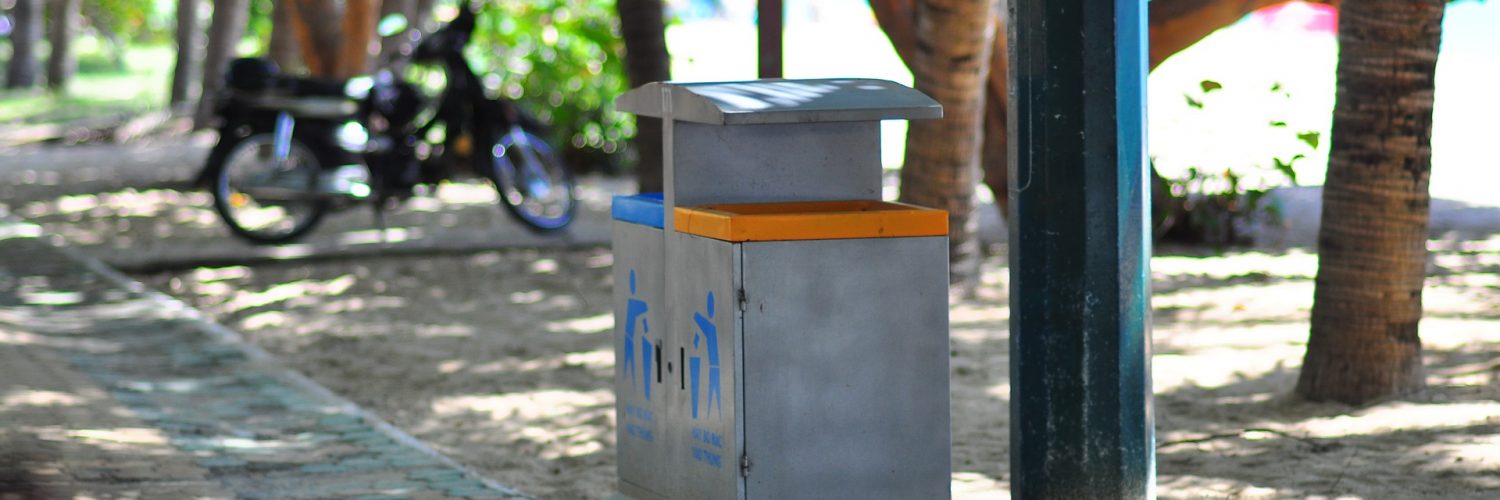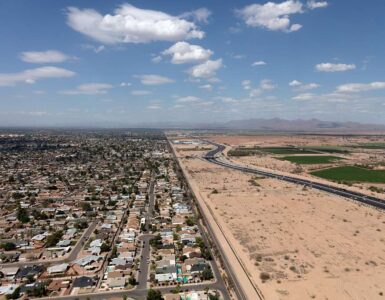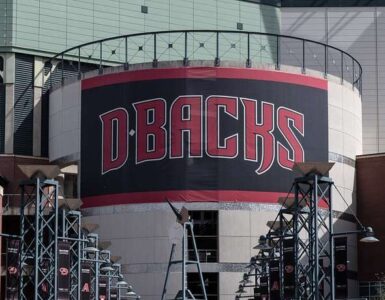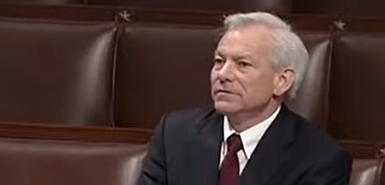Phoenix is making strides to create a more sustainable city and get more residents recycling by placing large “ecostation” recycling containers at high-traffic locations.
“We’ve heard positive comments from residents,” said Brenda Yanez, public information officer for the Phoenix Public Works Department.
There are currently eight ecostations around Phoenix, strategically placed at parks and libraries in areas with large numbers of multi-family housing complexes.
“On average, we get about 17 tons per month from all the ecostations,” Yanez said. “Material that is placed in these ecostations is some of the cleanest material we get (as far as what is recyclable and what’s not).”
The ecostations are part of a city initiative called Reimagine Phoenix, which aims to increase the city’s waste diversion rate to 40 percent by 2020 and to “better manage its solid waste resources,” according to the City of Phoenix website.
Phoenix contracts with Republic Services to process and market the recyclables.
“Our Reimagine Phoenix initiative was devised to look at our waste stream as a resource, as opposed to trash,” Yanez said. “We are constantly looking for new ways to either repurpose or recycle materials into new products.”
Waste diversion is the process by which trash waste is kept out of landfills, usually via recycling facilities or other methods of reuse. It is measured by dividing the total weight of municipal recycling materials by the total municipal solid waste tonnage.
“Currently we’re at a 33 percent diversion rate,” Yanez said. That is about half the rate of similarly-sized San Diego, which diverts 65 percent of its waste, according to TakePart.
San Francisco has the highest diversion rate in the U.S. at 80 percent, followed closely by Los Angeles (76 percent) and San Jose, California (75 percent). Diversion rate is a key indicator of a successful recycling program, according to the Environmental Protection Agency.
“Through education and community outreach, the Public Works Department Zero Waste team provides a platform that engages, motivates and ignites the passion in residents to increase sustainable behavior and encourage participation in Phoenix’s solid waste programs,” Yanez said.
The Zero Waste initiative takes Reimagine Phoenix to the next level — getting the city to produce zero landfill waste by the year 2050. As of July 2018, at least 57 businesses from restaurants to manufacturing facilities have signed up to be a part of the program.
















Add comment